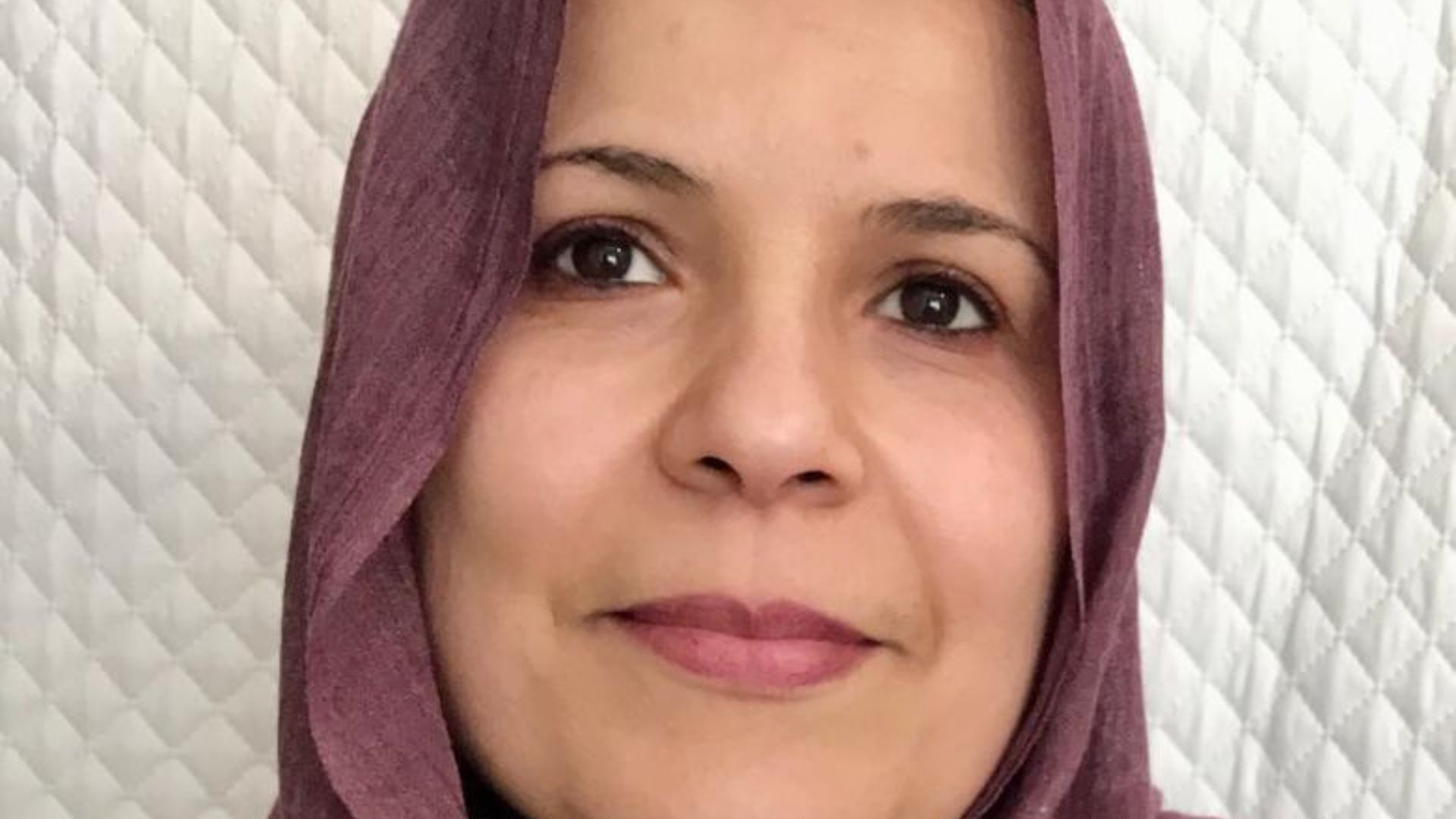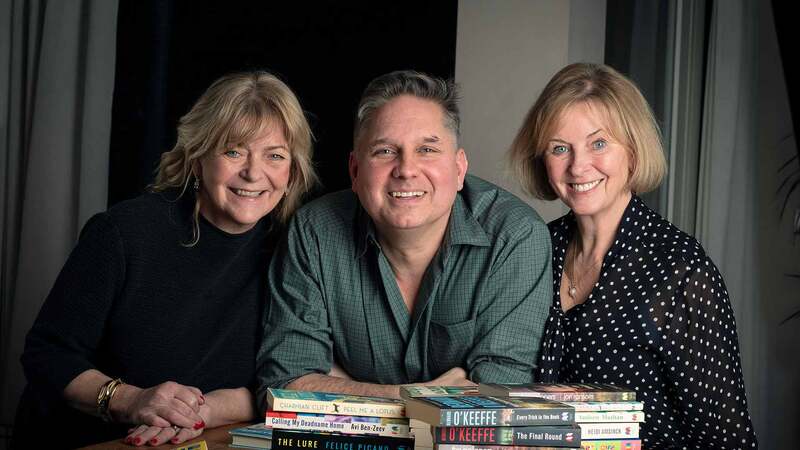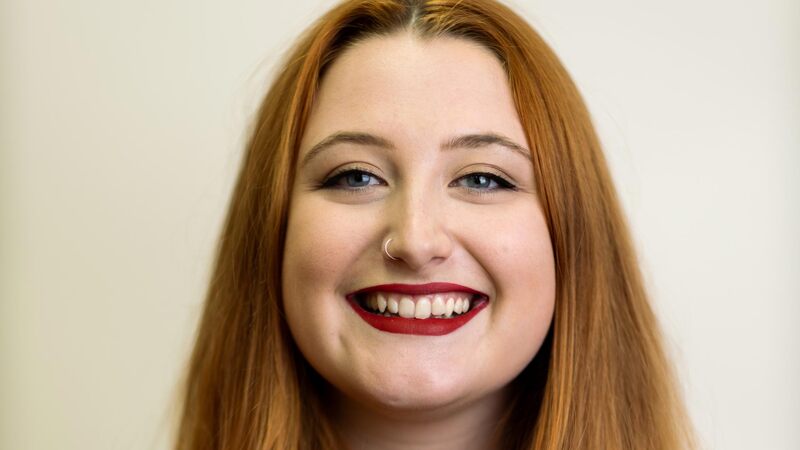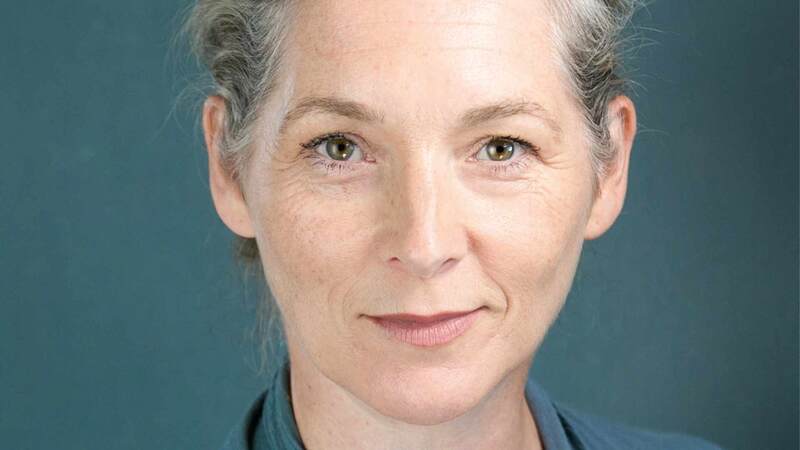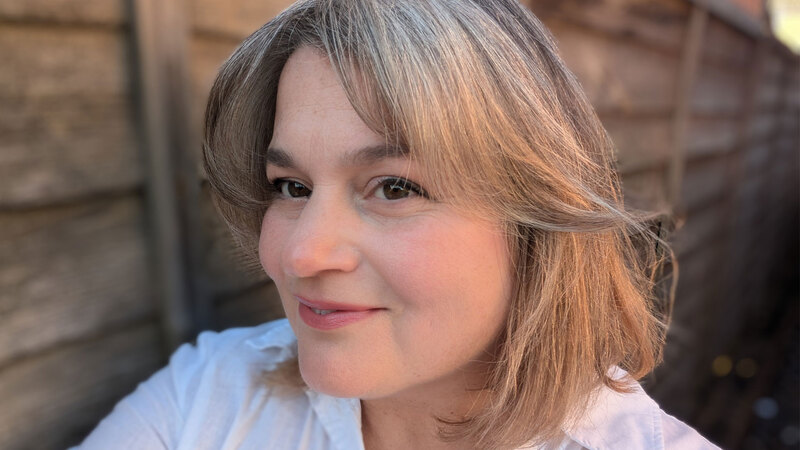You are viewing your 1 free article this month. Login to read more articles.
International Prize for Arabic Fiction longlist features highest number of women in prize's history
Half of this year’s 16 longlisted writers for the International Prize for Arabic Fiction (IPAF) are women—the highest number in the prize’s history.
The prize, which celebrates novels published in Arabic, attracted 124 submissions. The judging panel is chaired by Moroccan writer and novelist Mohammed Achaari. Joining him are Egyptian academic and novelist Reem Bassiouney, Algerian novelist, researcher and journalist Fadhila El Farouk, Swedish university professor and translator Tetz Rooke and Omani writer and academic Aziza al-Ta’I.
Seven writers in contention have been previously recognised by the IPAF: Ahmad Abdulatif (longlisted in 2018 for The Earthen Fortress); Najwa Binshatwan (shortlisted in 2017 for The Slave Yards); Lina Huyan Elhassan (shortlisted in 2015 for Diamonds and Women); Aisha Ibrahim (longlisted in 2020 for The War of the Gazelle); Nasser Iraq (shortlisted in 2012 for The Unemployed); Azher Jerjis (longlisted in 2020 for Sleeping in the Cherry Field); and Miral al-Tahawy (shortlisted in 2011 for Brooklyn Heights).
Achaari said: “The novels on this year’s longlist are marked by the large number of female Arab writers and a striking diversity in both subject matter and narrative style. Whilst a preoccupation with current, newsworthy issues of the Arab world—in Iraq, Syria, Libya, Lebanon, Egypt and other countries—permeates a significant number of the books, others turn to the roots of these events in history, the state, society and culture. Several themes dominate the texts, including exile, childhood, the family, freedoms and the relationships between regime and society. A number of longlisted novels deal with cultural heritage and legends, drawing on ancient sources to create worlds which express something of our real or imagined lives. Common themes aside, the authors’ writing styles are incredibly varied, ranging from journalistic research to a prevalence of folk tales and colloquialisms, some leaning towards the satirical and others deeply reflective and poetic in tone.”
The longlisted writers hail from nine countries, with Egypt boasting five nominees: Ahmad Abdulatif for The Ages of Daniel in the City of Threads (Dar al-Ain), Ahmed El-Fakharany for Bar Lialina (Dar al-Shorouk), Nasser Iraq for The Antikkhana (Dar al-Shorouk), Miral al-Tahawy for Days of the Shining Sun (Dar al-Ain) and May Telmissany for They All Say I Love You (Dar al-Shorouk).
Syria is represented by Lina Huyan Elhassan for her novel Ruler of the Two Fortresses (Dar al-Adab) and Sausan Jamil Hasan for My Name is Zayzafoune (Al-Rabie Publications). Two Libyan titles are nominated in Najwa Binshatwan’s Concerto Qurina Eduardo (Takween-Iraq) and Aisha Ibrahim’s The Box of Sand (Al-Mutawassit). Morocco accounts for the same number, with Mohammed Harradi nominated for The Melody of the Rabbit (Al-Mutawassit) and Rabia Raihane for The Family House (Dar al-Ain).
Of the other five nations represented, Saudi Arabian author Fatima Abdulhamid has been longlisted for her novel The Highest Part of the Horizon (Masciliana-UAE) while Algerian author Al-Sadiq Haj Ahmed is nominated for Drought (Dar Dwaya). Zahran Alqasmi from Oman is up for The Exile of the Water Diviner (Rashm), Iraq’s Azhar Jerjis is longlisted for The Stone of Happiness (Dar Al-Rafidain-Lebanon) and Jordan’s Qassem Tawfik for One Night is Enough (Alaan).
Yasir Suleiman, chair of the board of trustees, said: “The longlisted novels this year delve into aspects of the enduring themes of fracture and displacement we have witnessed in past submissions to the prize, as well as the devastating effect of conflict on the fabric of Arab societies. The search for an understanding of the present by mining the past to engage or visit these themes proves to be elusive, thus compounding the feelings of bewilderment, confusion and in some cases loss. However, the 2023 longlist stands out for the spectacular participation of women novelists and the pleasing appearance of diaspora writers, enhancing a trend that has gathered pace over the years.”
The six shortlisted titles will be announced on 1st March at the National Library of Kuwait, with each finalist receiving a $10,000 (£8,113) prize. The winner, who will receive $40,570, will be announced on 21st May in Abu Dhabi.
The IPAF is an annual literary prize sponsored by the Abu Dhabi Arabic Language Centre, part of the Department of Culture and Tourism, Abu Dhabi. It was originally mentored by the Booker Prize Foundation in London.




